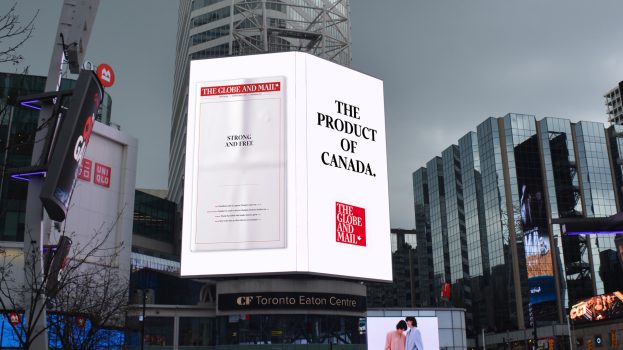Sex, drugs, diets, smoking, cancer. They are real, frightening and intensely personal issues for young women. But they are also issues that are difficult to communicate to a population that feels invincible.
Regardless of how stark and ubiquitous the communication is or how graphic the campaign images are, lifestyle messages are not getting through to young women.
This point has been driven home in a study we at Uthink completed in early October on behalf of Rethink Breast Cancer, a Toronto-based charitable organization. Heading into national breast cancer awareness month, the two organizations wanted to determine how effective communication efforts have been to date in connecting with young women aged 20 to 35 on the personal topic of breast health and routine self-examination.
Previous Uthink research showed that young women strongly supported breast cancer research through donation and purchased products that supported the cause. However, as much as these women are interested in supporting the cause, they are not motivated to take action for themselves. Many health organizations are trying to engage this highly savvy generation but their ‘marketing’ of the important and sensitive information is not breaking through.
Even though many charitable and non-charitable organizations put huge budgets towards educating women about breast self exams, the Uthink/Rethink study showed that 70% of 20- to 35-year-old women do not think about breast cancer self-examination – and in fact almost one quarter don’t know how to do a self-examination. Furthermore, 35% believe that there is nothing they can do to reduce their risk of breast cancer. Clearly, the education piece of the message has not gotten through.
‘Generally, information available about breast cancer is over-medicalized and scary,’ says MJ DeCoteau, executive director for Rethink Breast Cancer. ‘Many women, especially younger women, don’t find the information relevant or accessible and that is why these smart women still believe so many of the myths about the disease.’
How do we as marketers
penetrate the fog?
Young women have told us unequivocally that to get their attention, marketing messages must work on many levels. An earlier Uthink study showed that 96% of females between the ages of 19 and 29 want marketing messages to be truthful. A full 75% said that humour was a key driver in getting their attention and 86% want to know what’s in it for me now. Moreover they want to be spoken to in a language that they are comfortable with – no lectures please!
These statements are sometimes misinterpreted to mean cool, hip and cutting-edge. But this is simply not the case. Young women have told us repeatedly that these elements are far less important to them than a provocative, funny and honest portrayal.
Rethink has adopted this approach in their recent communications efforts. Their new public service announcement (by Toronto’s Zig), which will appear on television throughout October and November shows a series of vignettes of a man in his 30s doing various activities throughout his day. The catch is that the man has women’s breasts. The humorous spot is summarized at the end with the idea that women shouldn’t take their breasts for granted. Viewers are then encouraged to learn the facts about breast cancer by visiting the charity’s Web site. (For more on the Rethink campaign, see ‘Campaign spotlight’ on page 5 in the main section of Strategy.)
It’s up to us to break down the barriers. We need to stop thinking ‘cool’ and start thinking smart. We need to help young women make the connection between today’s choices and tomorrow’s consequences. Are you up for the challenge?
Bonnie Lester is VP, marketing at Uthink, a Toronto-based youth marketing and online research company. She can be reached at: bonnie@uthinkonline.com.























